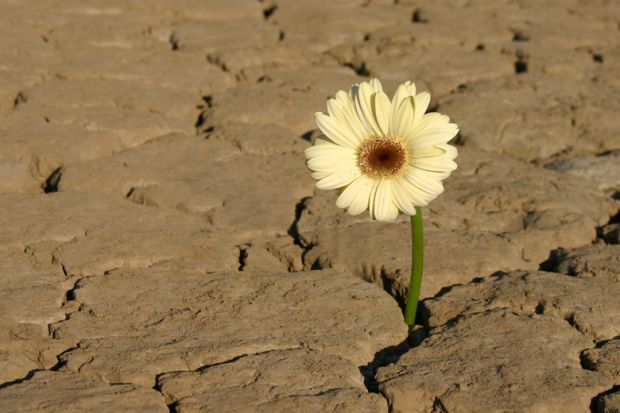I first visited the Middle East and North Africa region as a Times Higher Education journalist in 2008.
Touring the Education City “multiversity” development in Doha, home to a mix of local and international universities, was a crash course on the ambition for higher education in the region.
The Qatar Foundation had just been established, with a mission to use the vast revenues from its hydrocarbon resources to transform the Gulf state into a modern knowledge-based economy.
And it was not a one-off. In Dubai, Sheikh Mohammed bin Rashid Al Maktoum had just put £5 billion – one of the largest charitable donations in history – into his own educational foundation. Again, the aim was to fund research, education and entrepreneurship to “empower future generations to devise sustainable home-grown solutions to challenges faced by the Arab world”.
The Gulf states, sitting on a sea of oil and gas, had money to invest, and the message was that a considerable chunk of it was being invested in the knowledge industry, and the development and diversification of its economies and people.
Some of the goals proved unrealistic. Even with unlimited financial resources, it takes longer than the decade or so proposed by one Saudi campus to break into the global top 10 (the average foundation date of a world top 200 university is 1803, if you’re wondering).
But there was no denying the ambition – King Abdullah University of Science and Technology even poached its president, Jean-Lou Chameau, from the world’s top-ranked institution, the California Institute of Technology.
A lot has happened since 2008. The financial crisis, the Arab Spring, devastation in Syria, and, in the past few weeks, Iran coming in from the cold and crashing energy prices that have forced some of the region’s sovereign wealth funds to dip into their reserves. But the aspiration for higher education remains – if anything, the importance of diversifying oil-saturated economies, and engaged and aspirational citizens, has been brought into even sharper relief.
On 2 to 4 February, THE is holding its second Middle East and North Africa (MENA) summit at the United Arab Emirates University in Al Ain, UAE, where higher education leaders will gather to discuss issues crucial to the development of the region, including governance, international collaboration, the role of universities in local economies and the part to be played by rankings and benchmarking.
Alongside the pragmatism of higher education as a driver of social and economic change, the discussion will also consider what Lisa Anderson, former president of the American University in Cairo, describes in this week’s THE as its role in “nourishing a questioning spirit” – something that needs particular attention when private, rather than public, models abound.
Investors, naturally enough, are always looking for a return – and the sooner and more measurable the better. But the return from a fully functioning higher education system, Anderson argues, goes far beyond the obvious measures that are (and should be) applied to monitor institutional performance.
The discussion in Al Ain is ultimately about the infinitely more valuable blossoming of a region that will play such a crucial part in the future prosperity and security of our world.
Register to continue
Why register?
- Registration is free and only takes a moment
- Once registered, you can read 3 articles a month
- Sign up for our newsletter
Subscribe
Or subscribe for unlimited access to:
- Unlimited access to news, views, insights & reviews
- Digital editions
- Digital access to THE’s university and college rankings analysis
Already registered or a current subscriber? Login
